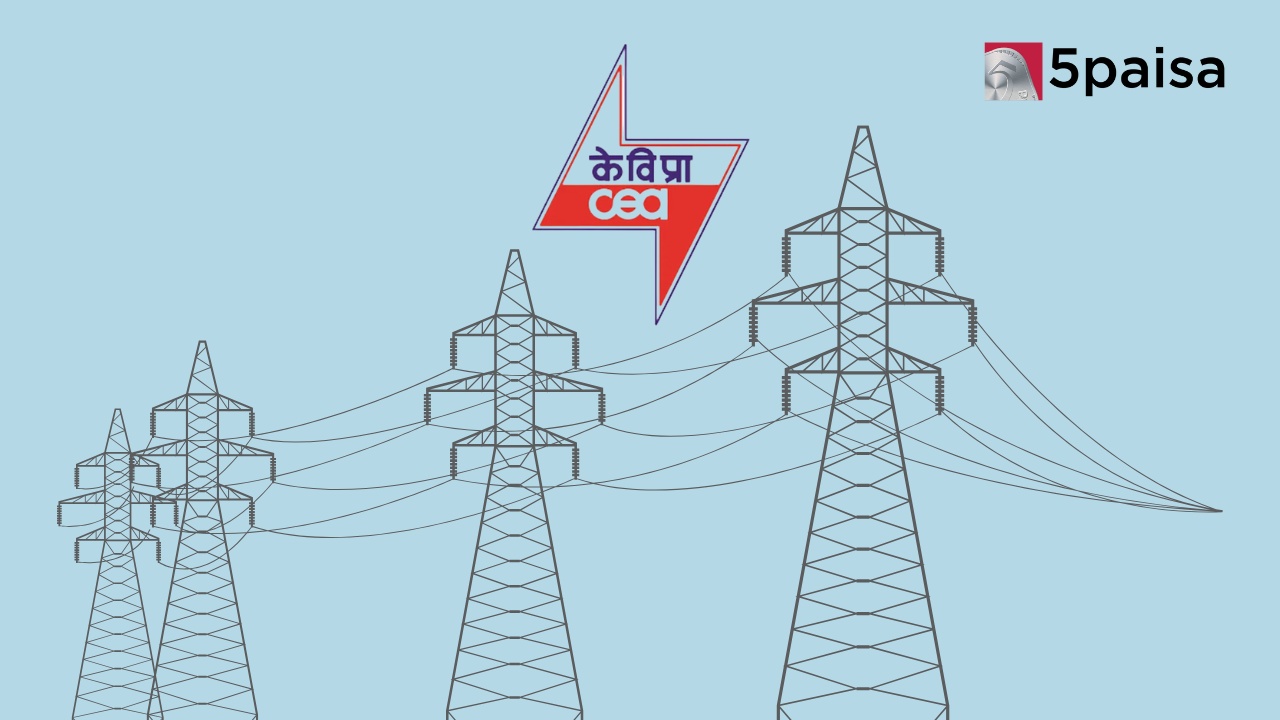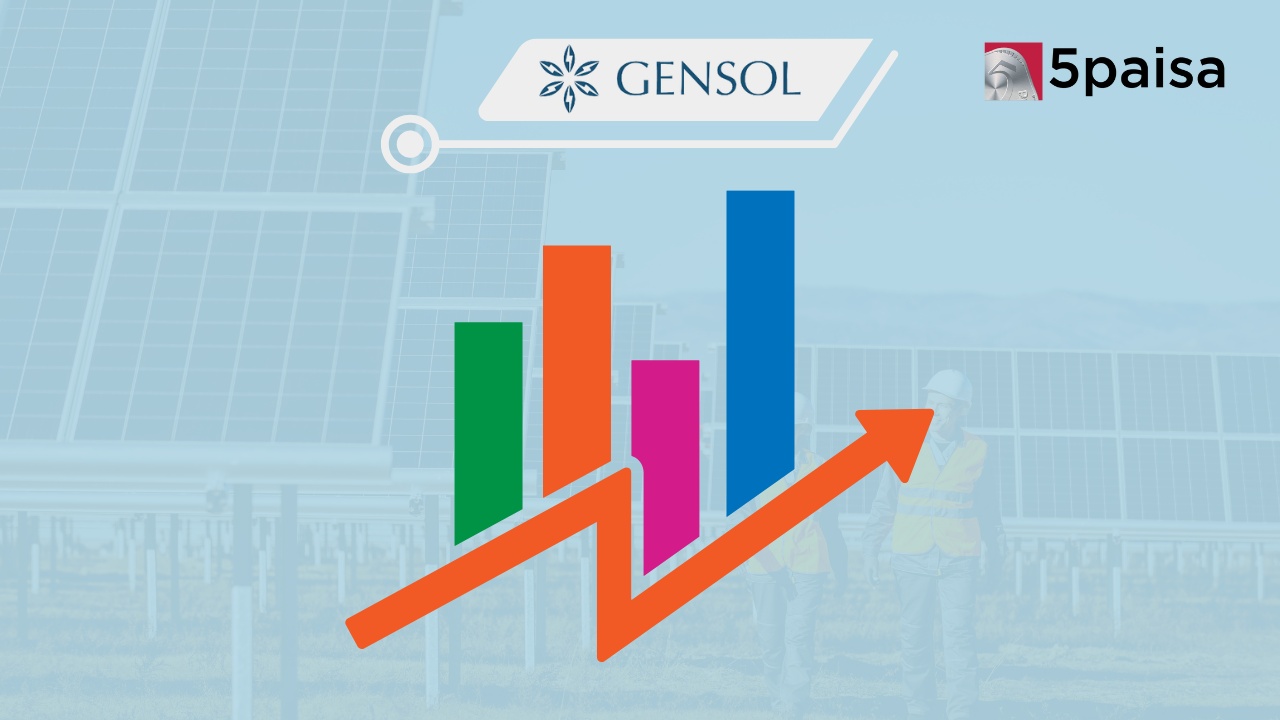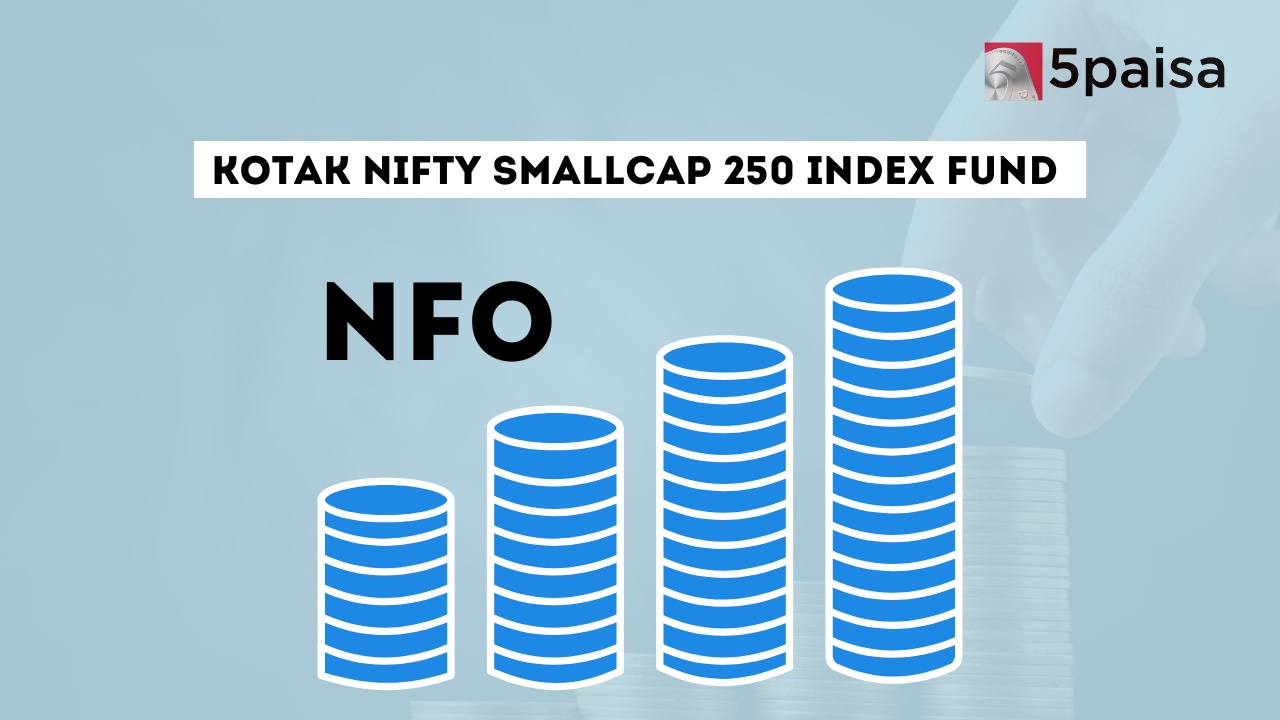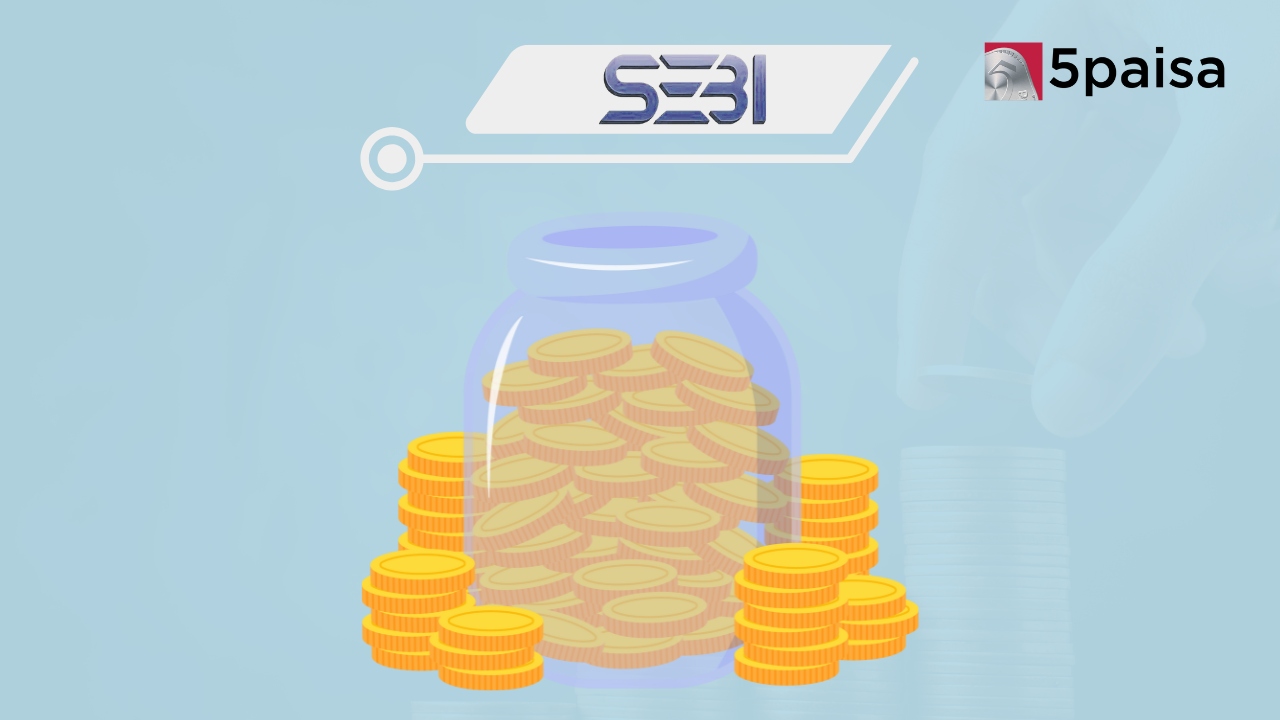India extends curbs on sugar exports for one more year

Last Updated: 31st October 2022 - 06:45 pm
Sugar supply and sugar prices have always been central to Indian politics, Indian economies and the Indian socioeconomic balance. After all, today India is the world's biggest sugar producer and also the largest consumer of sugar in the world. In the previous year, amidst the supply chain constraints created the world over due to the Ukraine war, India had imposed restrictions on sugar exports to preserve more for domestic consumption. However, now that export curb has been extended for one more year till the month of October 2023. This also coincides with the sugar cycle year in India.
Before we go ahead, the sugar cycle in India begins in October and ends in September next year. All sugar companies typically tend to follow this system of sugar cycle which coincides with the cropping patterns of sugarcane. While sugar exports have been the feather in the cap for India in the last few years, the government is obviously treading with caution in this year. It has decided to, therefore, extend the restrictions on the export of sugar till October 2023. But, what exactly will these curbs really address in the Indian context?
The sugar export curbs are likely to work at two levels. Firstly, it will make adequate supplies of sugar available in the Indian market. Today, in India, the demand for sugar is not just from the traditional retail and institutional customer bases. Today, apart from the households, restaurants and factories that consume sugar, a large part of the sugar production also gets transferred to the manufacture of ethanol for blending with petrol. Hence ensuring adequate supply in the Indian market for all these needs becomes critical and exports cannot be allowed to disrupt this supply demand balance in India.
The other issue is on pricing. For instance, if the local supplies are dented, then the sugar prices are likely to shoot up. About 3 years back, when the export of sugar was first allowed, the idea was to reduce the supply available domestically so that domestic prices of sugar don’t fall. The export revenues also helped pay the farmer’s dues on time by the sugar mills. However, now the problem is different as demand for sugar is coming from ethanol blending also in a big way. A demand crunch in India can cause sugar prices to spike up sharply. On the other hand, adequate supplies will keep the prices of sugar in check.
Also read: Indian sugar output to increase by 2% in 2022-23
So what would the export numbers look like in the Indian context for the sugar cycle year 2022-23? Firstly, the output is going to be a record in the Indian market, but export of sugar will be restricted to about 8 million tonnes of sugar only. That is much lower than the previous year when India reported double-digit amount of sugar exports from India. However, this would help to keep a fine balance of supply and pricing in the Indian sugar market. for the sugar cycle year 2022-23, the total sugar consumption in India is expected to be around 27.50 million tonnes while the sugar mills are expected to divert close to 4.50 million tonnes of sugar for ethanol production. Nearly 6 MTPA will be carry over stock.
Out of the total 8 million tonnes of sugar to be exported in sugar cycle year 2022-23, 5 million tonnes were committed in the first tranche, so the second tranche would be much lower at 3 million tonnes. However, the demand is robust considering that amidst attractive global prices of sugar, traders have already sealed deals to export 4 million tonnes of sugar till date. In short, demand remains robust. India would also be keen to avoid spikes in sugar prices at a time when rampant inflation is already a problem. India had recently allowed duty-free imports of soya oil and sunflower oil. For sugar cycle year 2021-22, the sugar exports were well above 11 million tonnes.
- Flat ₹20 Brokerage
- Next-gen Trading
- Advance Charting
- Actionable Ideas
Trending on 5paisa
01
 5paisa Research Team
5paisa Research Team
06
 5paisa Research Team
5paisa Research Team
Indian Market Related Articles
Disclaimer: Investment in securities market are subject to market risks, read all the related documents carefully before investing. For detailed disclaimer please Click here.




